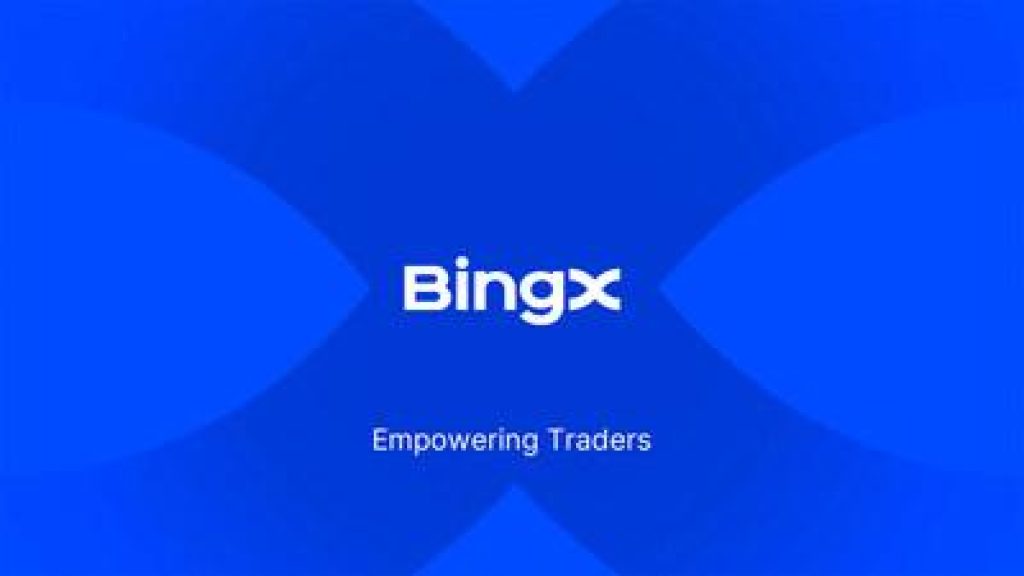Enugu Plans 135km Rail Line to Link South-East Cities With Onne Port as Part of Logistics Hub Vision
The Enugu State Government has announced an ambitious plan to develop a 135.5-kilometer state-owned standard gauge rail line designed to connect Enugu with key South-East cities and link them directly to the Onne Port in Rivers State.
The project, if realized, could significantly reposition the state as a logistics hub, offering an alternative export corridor to Lagos.
The State Commissioner for Transportation, Dr. Obi Ozor, who disclosed the plan on Afia TV’s Enugu Kwenu program on Friday, said the rail network would be a strategic move toward regional integration, economic acceleration, and export-led growth.
Register for Tekedia Mini-MBA edition 17 (June 9 – Sept 6, 2025) today for early bird discounts. Do annual for access to Blucera.com.
Tekedia AI in Business Masterclass opens registrations.
Join Tekedia Capital Syndicate and co-invest in great global startups.
Register to become a better CEO or Director with Tekedia CEO & Director Program.
Dr. Ozor confirmed that a full feasibility study for the Enugu rail network and the South-East corridor has already been completed. The state is currently engaging with Chinese companies and the Nigerian Railway Corporation on the technical aspects while holding financing talks with potential investors.
Details of the Route
The 135.5km standard gauge line will start from Enugu and move through Ugwuoba into Anambra State, connecting cities such as Awka and Onitsha. From there, it will run through the Amechi Idodo axis of Ebonyi State, link Umuahia in Abia and Owerri in Imo State via Nkanu West and Isiagu, before terminating at the Onne Port in Rivers State.
“As part of turning Enugu State into a hub, rail is a critical part of that to enable the movement of agro commodities from wherever their sources are to the port for export and earning of foreign exchange. We have a lot of wealth locked underneath our soil, such as coal. We need to exploit them to be able to generate a lot of revenue, and rail is critical to it,” Dr. Ozor said.
The commissioner stressed that the rail line will support both cargo and passenger services, not only decongesting traffic from Nigeria’s overwhelmed Lagos ports but also boosting trade across the South-East and South-South.
Part of a Bigger Transport Agenda
The rail plan is one piece of a larger transport framework that includes the development of an inland container terminal and a new market station within the Holy Ghost Transport Terminal in Enugu. According to Dr. Ozor, the market station will be located between Terminals 1 and 2 and will serve as a key node for cargo handling.
“We’re developing a major inland container port that will process agro-commodities for the South-East and even the North-East. It’s about giving our economy the infrastructure it needs to compete,” he said.
He noted that the Federal Government is also extending its narrow gauge rail from Aba to Enugu, a separate 24-month plan, but emphasized that Enugu’s project is a standalone, state-owned initiative tailored to fit the region’s development priorities.
Regional Integration Urged Amid Eastern Port Push
The announcement comes at a time when stakeholders and infrastructure experts are calling on the leadership of the South-East and South-South to begin integrating their economies through an interconnected rail network—particularly as momentum grows around the push to decongest Lagos by expanding the eastern ports, including Onne, Calabar, and Port Harcourt.
There is growing consensus that rail development is essential to the success of that eastern maritime strategy. However, experts warn that the current state of regional disconnection will make it difficult for any single state to achieve such ambitions alone.
Yet so far, only Enugu State has publicly announced a concrete plan. While other states in the region—Anambra, Abia, Imo, Ebonyi, Rivers—have expressed broad support for infrastructure development, there have been no specific announcements on rail projects tied to a regional corridor or to the Onne Port.
This lack of coordinated effort, experts argue, could undercut the effectiveness of any single-state investment, especially given that rail requires contiguous territory to function optimally across state lines.
China’s Broader Role
Enugu’s rail plan is also emerging at a time when China is looking to deepen its infrastructure footprint across Africa. Amid a growing trade fallout with the United States, most recently marked by Washington’s imposition of tariffs up to 145% on Chinese electric vehicles, Beijing has intensified efforts to forge new commercial relationships across Asia and Africa.
Chinese President Xi Jinping has embarked on a renewed diplomatic and trade tour of several Asian countries in recent weeks, aiming to lock in new agreements that align with China’s Belt and Road ambitions. The focus has shifted toward deepening engagement with African subnational governments as a way of bypassing central government bottlenecks.
In this context, Enugu’s direct negotiation with Chinese companies and openness to foreign infrastructure capital fits into the broader geopolitical realignment. China, already heavily involved in Nigeria’s national railway infrastructure, may see Enugu’s state-level initiative as a model for replicable subnational partnerships.
If successful, the project could serve as a model for other subnational governments to drive their own rail infrastructure, particularly in the face of delays and funding constraints at the federal level.
Dr. Ozor reiterated the state’s commitment to seeing the project through. “This is a defining moment. It’s not just about rail. It’s about changing how we move goods, how we trade, and how we think about our future as a region,” he said.
However, many believe that whether that vision can be fully realized depends not only on Enugu’s resolve but on whether other states in the Southeast and South-South are willing to join in a coordinated rail development plan before the window of opportunity closes.


